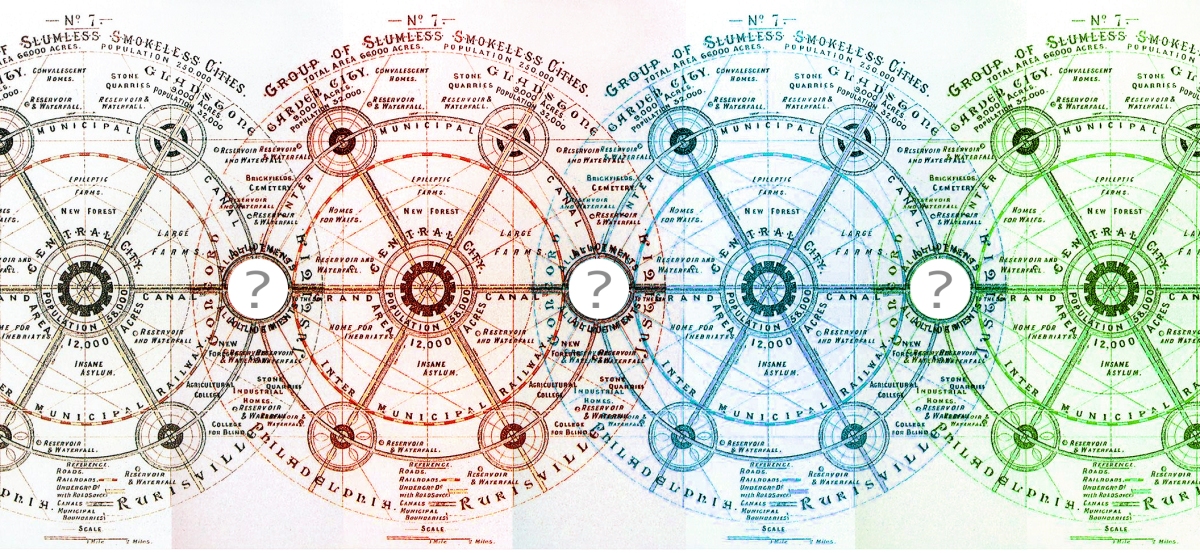‘…[in the UK] we have a planning framework that prioritises profit over placemaking and in some cases we have no planning at all.’
Kate Henderson, 2017, Central Saint Martins, FUNDAMENTALS lecture series
(watch Kate Henderson, Liane Hartley, Adele Maher, Euan Mills and Finn Williams discuss the #fundamentals of planning here)
